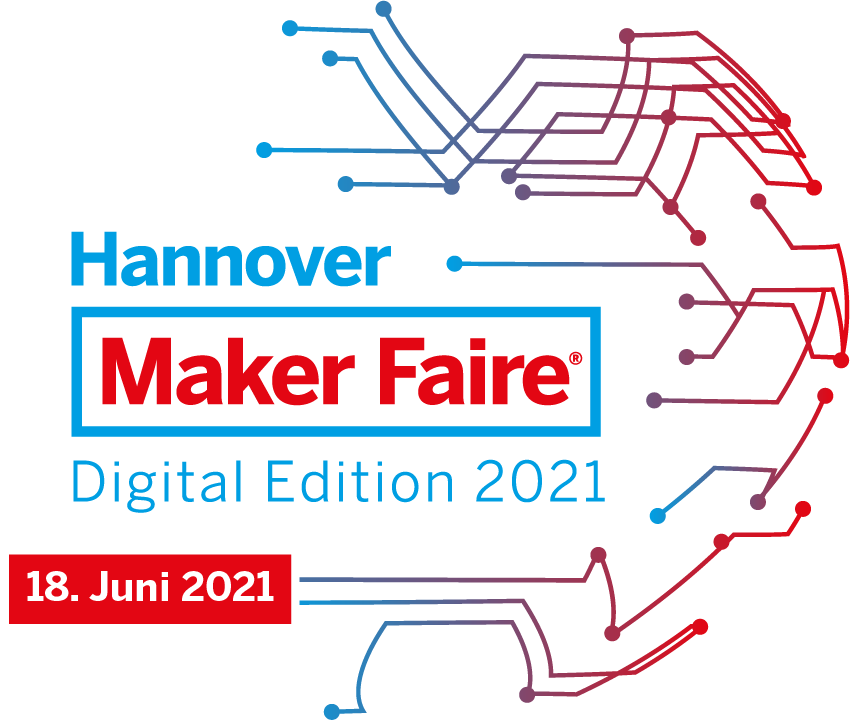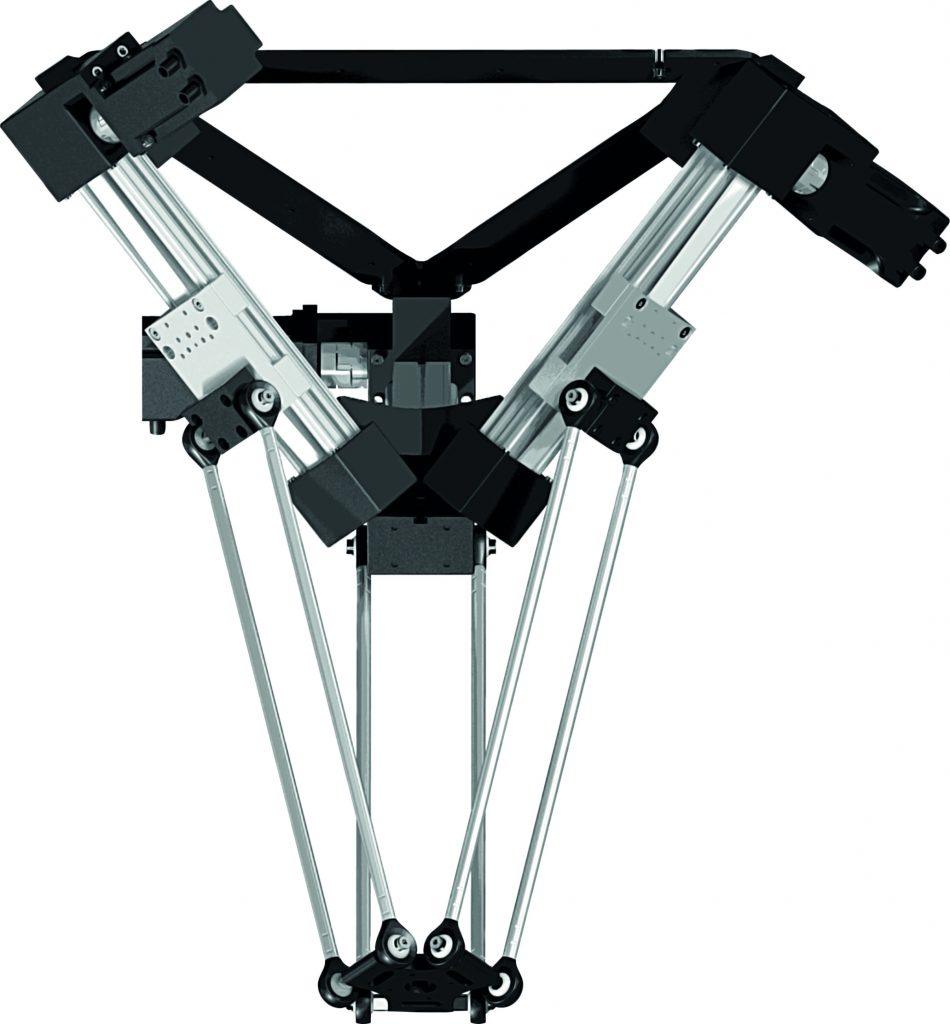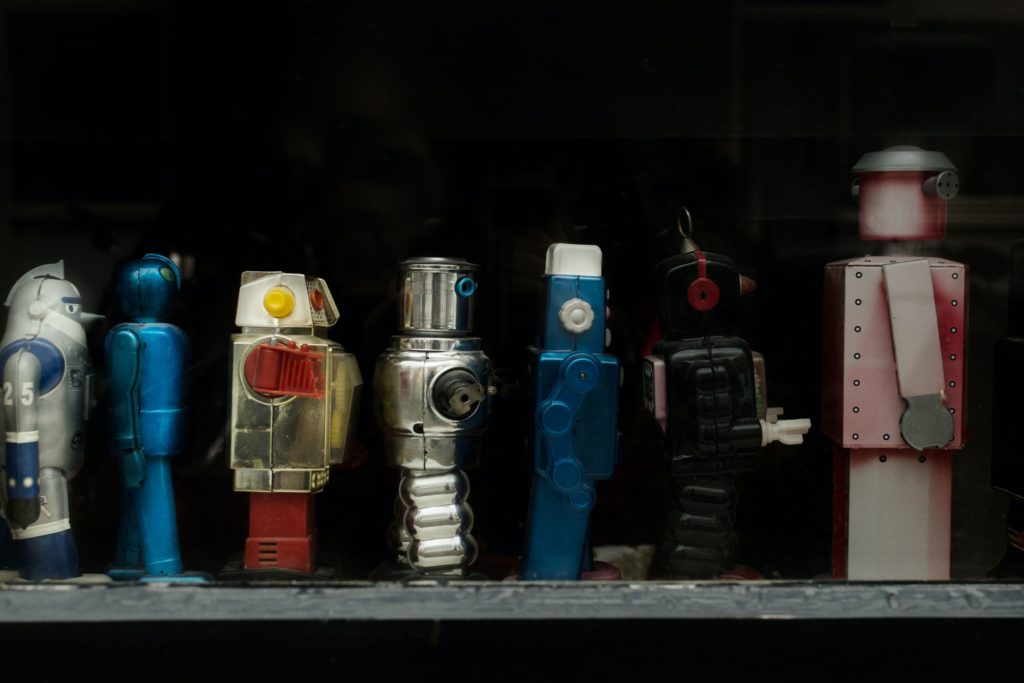Approximately $5M in Department of Defense funding dedicated to projects that advance the use of robotics to respond to current and future pandemics
September, 2020 – The ARM (Advanced Robotics for Manufacturing) Institute is pleased to announce the selection of nine technical projects that will be led by members of its national consortium to help with COVID-19 recovery. Special funding for this project call was provided by the Office of the Secretary of Defense.
The ARM Institute is the nation’s leading collaborative partnership focused on industrial robotics and workforce innovation. ARM and its 260+ member organizations from industry, academia and government advance transformative robotic technologies and education for both commercial and defense industrial base needs to grow U.S. manufacturing competitiveness and supply chain resilience.
These projects address the needs of the manufacturing industry and the Department of Defense (DoD) in response to the national emergency caused by the COVID-19 pandemic. The specific applications of the selected projects have been identified by the Department of Defense as areas of urgency, such as diagnostics, medical care, medical countermeasures, non-medical personal protective equipment (PPE), and other supplies. The projects are explicitly linked to COVID-19 mitigation, demonstrating an ability for the United States and the Department of Defense to prevent, prepare for, and respond to this and future pandemics.
“The selection of these 9 projects shows that the ARM member ecosystem is joining the fight against this pandemic by developing robotic–related capabilities to assist DoD and commercial Industries,” said Dr. Greg Hudas, the DoD Program Manager for the ARM Institute.
ARM plans to award close to $5M in funding, for a total contributed investment of approximately $8M across these 9 projects, briefly described below:
Project Title: Autonomous Robotic Spraying and Disinfection in Warehouses & Shipyards
Principal Investigator: Siemens Corporation Corporate Technologies
Project Team: FedEx Corporation, Yaskawa Motoman
Description: Logistics and support operations have played a vital role in supporting the nation by supplying medical supplies and essential goods to millions of Americans. To control the spread of COVID-19 in these facilities, more frequent and reliable disinfection is required. This project will develop an autonomous warehouse disinfection system that can automatically navigate, locate, and disinfect heavily touched surfaces and potentially contaminated areas. This process will minimize the human role in potentially harmful disinfecting procedures while reducing costs.
Project Title: Automation of Characterization and Evaluation (ACE) in PPE Manufacturing
Principal Investigator: Northeastern University
Project Team: Merrow Manufacturing
Description: The quality assurance procedures for Personal Protective Equipment (PPE), such as facemasks, is labor intensive and time consuming. Sample testing of PPE has become a priority not only in manufacturing plants but also at medical centers. The national labs providing validation testing for PPE are reporting lead times up to 75 days due to lack of qualified technicians and overwhelming volume of new requests. This project aims to develop a robotic system to automate the quality assurance tests for PPE inspection, thus improving the performance, productivity, and efficiency of PPE manufacturing in the United States.
Project Title: Built-By-Bot: Customized Mask Assembly using Robots
Principal Investigator: Siemens Corporation Corporate Technologies
Project Team: Henderson Sewing Machine Corporation, Sewbo Inc, Bluewater Defense, Industrial Sewing and Innovation Center (ISAIC)
Description: The Center for Disease Control (CDC) has identified cloth masks as playing a vital role in slowing the spread of COVID-19, but the supply has not been able to keep up with the demand. Robotic sewing presents a technical challenge because it requires the manipulation of flexible materials, fine motor control, and precise part recognition. This project will build upon the outputs from other ARM projects to automate the robotic production of cloth face masks for personal protective equipment (PPE).
Project Title: Mobile Autonomous Industrial Disinfector (MAID)
Principal Investigator: Lockheed Martin Advanced Technology Laboratories
Project Team: GrayMatter Robotics, Southwest Research Institute (SwRI), Lockheed Martin Rotary Mission Systems
Description: Due to the rapid transmutability of COVID-19, frequent surface disinfection is required for businesses and workspaces to operate safely. The current method of manual cleaning is not ideal because it puts another person into the space who could get sick or transmit the virus. This project will develop an autonomous mobile robot with a mounted collaborative multi-axis robotic arm capable of manipulating both a disinfection system and a sensor suite. The system will identify areas that need disinfecting, execute the disinfecting process, and keep records of the cleaning tasks completed.
Project Title: Rapid PPE Production through Automation & Robotics (RAPPAR)
Principal Investigator: Siemens Corporation Corporate Technologies
Project Team: Henderson Sewing Machine Company, Yaskawa Motoman, HomTex Inc
Description: The COVID-19 pandemic has exposed critical vulnerabilities in the global health care supply chain. At the beginning of the pandemic, U.S manufactures were unable to meet the significant demand for Personal Protective Equipment, resulting in shortfalls and long lead times. This project will improve existing automated mask production in the US by including robotic automatic visual inspection, picking-and-sorting, and end-of-line packing and palletizing.
Project Title: Autonomous Mobile Capability for Room Disinfecting Robots
Principal Investigator: QinetiQ North America
Project Team: MassRobotics
Description: Schools, offices, military bases, and manufacturing floors need to be disinfected between shifts to minimize the spread of COVID-19. The Decon–X (DX1) disinfecting system has proven its effectiveness in Europe, but currently lacks the mobility and autonomy to disinfect spaces without an operator. An automated solution is required to ensure workers return to a COVID-free environment each day. This project is aimed at adding mobile autonomous capabilities to the DX1 room disinfection system to automate the consecutive treatment of multiple rooms and spaces within workplaces. The addition of mobility and autonomous navigation to the DX1 will enable the robot to move from room to room and perform a series of treatments with little to no human intervention.
Project Title: Rapid Robotic Diagnostic Kit Discovery
Principal Investigator: Siemens Corporation Corporate Technologies
Project Team: Maxim BioMedical Inc, Siemens Healthineers
Description: While many tests for COVID-19 have been developed, the U.S still has not reached the scale necessary for effective management and control. COVID-19 Polymerase Chain Reaction (PCR) tests have long turnaround times (2-3 days for lab results). Rapid development of COVID-19 Lateral Flow Assay (LFA) tests would dramatically aid the United States’ efforts towards large-scale testing for current and future pandemics. LFA test strip evaluation requires at least two technicians – one to run the assay and one to interpret results using analyzers that image and quantify individual strips. This project will develop a solution utilizing advanced vision systems and flexible robots to accelerate LFA test development by automating LFA test-strip evaluation.
Project Title: Swarm Robotics for Large Structure Manufacturing
Principal Investigator: Rensselaer Polytechnic Institute
Project Team: Air Structures American Technologies Inc
Description: COVID-19 has highlighted the urgent need to rapidly deploy negative pressure spaces. These air supported structures are rapidly deployable with performance advantages over traditional tents, and are ideal for use as expeditionary hospitals, quarantine facilities, housing, and other disaster relief or military applications. Production of these structures is labor-intensive but can be expedited with the development of robotic technology to aid manufacturing personnel with moving and manipulating heavy, flexible materials. This project aims to solve the problem of moving and manipulating a large, heavy, flexible material over a large area by developing a fleet of self-aware, human-directed robotic platforms to take on the hard work of moving the material around the production floor. This manufacturing technology will help team member Air Structures American Technology Inc (ASATI) produce a “hospital in a shipping container” that can be set up in a parking lot with a crew of 8-10 and a forklift in only 72 hours. ASATI will be able to reduce cost and manufacturing lead times of these critical structures through the implementation of this development.
Project Title: Robotic Application of Anti-Microbial Copper Coatings
Principal Investigator: Siemens Corporation Corporate Technologies
Project Team: VRC Metals System
Description: Copper-coated surfaces rapidly kill coronaviruses like COVID-19, but these have not been widely manufactured due to low demand. However, the pandemic has highlighted the need for self-disinfecting surfaces. Robotic cold spraying of copper will enable rapid production to meet the new demand. Wide adoption of copper-coated surfaces will reduce the spread of COVID-19 without the need for frequent cleaning. The robotic application of copper coating will improve the manufacturability of these parts. This project will develop a robotic anti-microbial copper application system (cold spray), integrating a scanner and developing an automated path generation and QA tools to apply the copper coating to components like a doorknob, hospital bench, cart, handrail, etc.
ABOUT ARM PROJECTS
ARM receives funding from the United States Department of Defense and other government agencies to manage programs that develop, demonstrate, and accelerate the early adoption of novel robotic technology and workforce development solutions to:
- Assert U.S. leadership in advanced robotics for manufacturing
- Empower American workers to be cost-competitive with low-wage workers abroad
- Lower the technical, operational, and economic barriers to adopt robotics technologies
- Aid in the creation of new jobs to secure U.S. national prosperity.
ARM works collaboratively with the government and Institute members to identify areas of need in robotics and workforce development. ARM projects require at least one industry organization participant on each project to ensure that the outputs are relevant, applicable, and impactful. The projects are selected by a team of ARM members and partners spanning government, industry, and academia. Only ARM members can participate in projects. Email [email protected] to learn about membership.
ARM Institute Annual Member Meeting
Join us October 13-15, 2020 for our Annual Member Meeting! Registration is free and open to ARM Members only. The Annual ARM Member Meeting is our cornerstone event and brings together representatives from across 260 member organizations for three days of high-energy engagement and information sharing. Spanning industry, government, and academia, our event highlights important solutions in robotics and workforce development to strengthen U.S. manufacturing for the defense and commercial industrial bases. Email [email protected] for more information.




